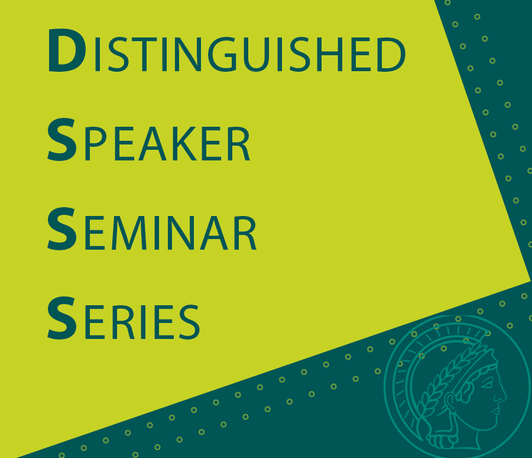DSSS - Eco-evolutionary dynamics of phage-bacteria interactions
- Datum: 12.05.2023
- Uhrzeit: 15:00 - 16:00
- Vortragender: Prof. Martin Polz
- Centre for Microbiology and Environmental Systems Science University of Vienna
- Ort: NO.002, MPI für Intelligente Systeme

Microbial communities in all environments are shaped by viral predators. Yet, resolving which viruses (phages) and bacteria are interacting is a major challenge in the context of natural levels of microbial diversity. Thus, fundamental features of how phage-host interactions are structured and evolve in “the wild” remain poorly resolved. We used large-scale isolation of environmental marine Vibrio bacteria and their phages to obtain quantitative estimates of strain-level phage predator loads and we used all-by-all host range assays to discover how phage and host genomic diversity shape interactions. We show that killing in environmental networks is sparse with predator loads low on average and phages host-strain-specific in their killing and that whereas the same phage species shows high overlap in killing within the same host species, cross-infection is low at higher taxonomic ranks. These observations are explained by receptors being host-species specific and host-strains being defended internally by diverse, large mobile genetic elements (MGEs) carrying phage defense genes. These MGEs have high evolutionary turnover and a single strain can harbor as many as 12 different elements, overall accounting for a majority of the pangenome among closely related bacteria. Together, these results suggest a hierarchy in interactions where phage and host properties varying at different evolutionary timeframes result in sparse interactions at the strain level but highly modular interactions at the species level. Because these results question the assumption that viral predation is generally high, we are currently exploring when and where phage can exert effective control over bacterial populations.